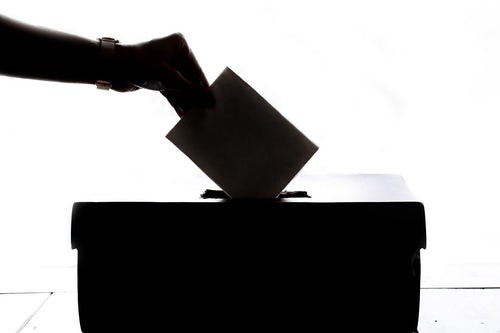Why restricting participation at the polls might discourage emerging civic actors
Voter suppression teaches children that adults are not serious about preserving democracy for the emerging generation of voters. When eligible individuals follow all the rules and still struggle to obtain access to the ballot box, it sends the wrong signal to the nation’s young people.
Two examples send an especially troubling message. The first is in Georgia. During a historic and heated race for Governor, roughly 53,000 voter registration forms are at risk of not being counted in the Georgia Secretary of State’s office for reasons that appear, to observers across the aisle, to be politically motivated. One could observe this development dismissively: politics is an arena of hard maneuvering and sharp elbows. The likelier scenario, however, is that this is a case of suspending the procedural integrity of democracy in order to influence an election outcome. What kind of civic lesson do we expect young adults to draw from this scenario?
The second case exists on the other side of the country in North Dakota. Amid a contested U.S. Senate election, tens of thousands of indigenous citizens may be disqualified from voting due to identification guidelines which require a residential address. The challenge posed by such guidelines is that many of the aforementioned citizens have tribal ID cards, which are suitable for opening bank accounts but apparently not for heading to the polls. Consequently, tens of thousands of voters — estimates reach as high as 30,000 voters — seeking to voice their values may be prohibited from doing so. Here, as in the Georgia case, what sort of civic cues does the situation in North Dakota send to our young adults, the future stewards of our democracy?
I lead the policy and advocacy department of Generation Citizen, a national organization dedicated to ensuring that young people, especially from underserved communities, are prepared and positioned to participate in our public institutions. Like many civic actors, I have witnessed incidents of voter suppression unfold with profound concern. If adults want young people to active value our democracy, we must demonstrate that the process, regardless of party affiliation, is fair. Elections should be competitive contests across party lines. Contention itself is not necessarily dysfunctional, but rather the sign of a society that prioritizes spirited debate over the direction of the country. Competitive and contentious elections, however, should never result in constriction by design or default — lessening the constitutionally protected rights of citizens to vote. When that happens, all of America loses, especially our young people.
